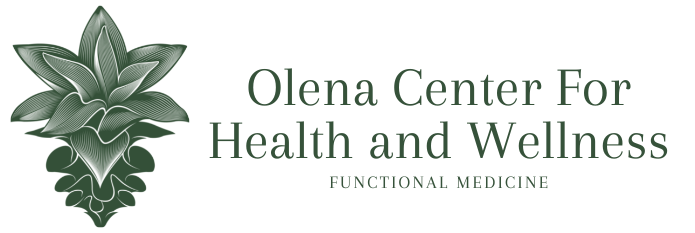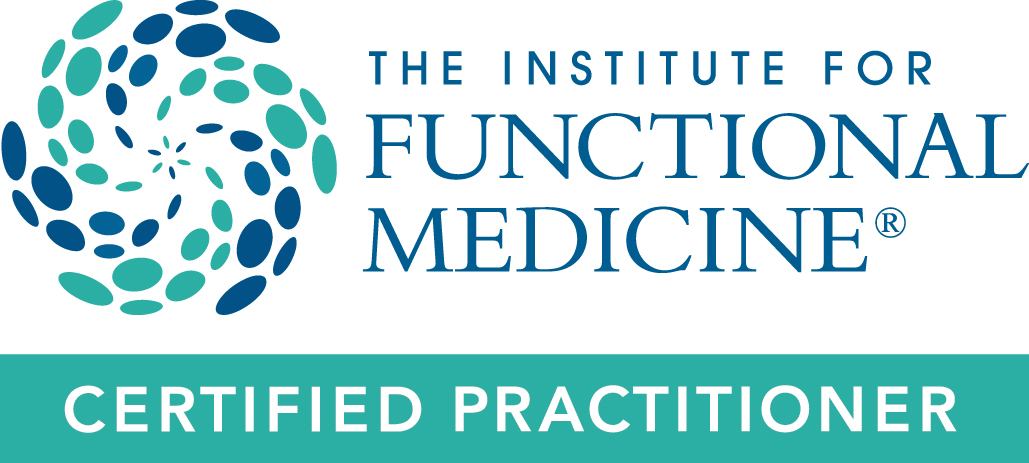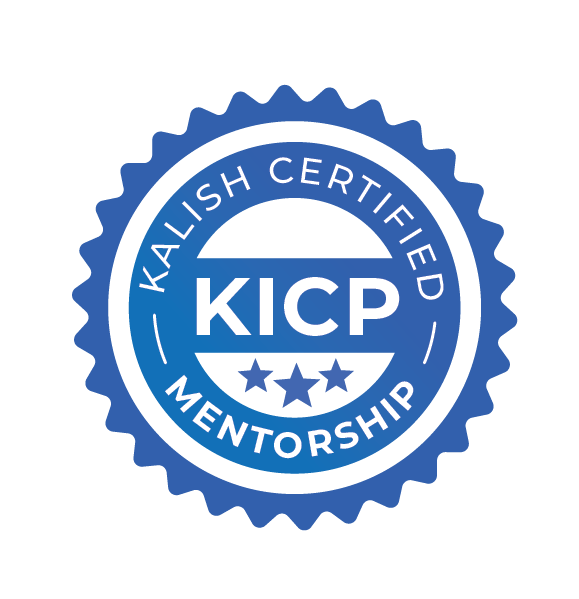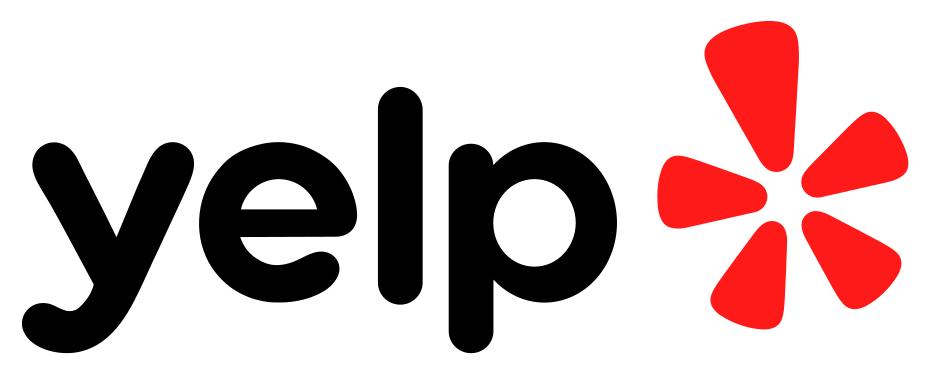As I get older, I want to age gracefully. Part of that process requires a good diet and exercise, but a large part is also related to mindset. Happiness and having a strong life purpose have been associated with aging well and reduced mortality (1, 2). I don’t know about you, but I want to be the happy (albeit a little bit cooky) old lady booging at a party rather than the crotchety old miser yelling at the passersby.
Throughout my lifetime, I would not be described as a happy-go-lucky person. Rather, I tend to be a more serious person who gets the job done. I buried my nose in books to do well in school, get a good job, and make money. This persevered into my career; I was always go-go-go — the nurses could always tell it was me coming down the hall by the quick clack-clack-clack of my shoes. I didn’t have time to stop and ask, “Am I happy?” or “Is this my life’s purpose?” I had a checklist to do!
All that sounds great for someone you want to hire at a company but not someone you would hang out at the bar and laugh with… That’s not to say that I don’t have a fun (and quirky) side, but that side tends to get buried under the mountain of responsibilities and to-do lists that I pile on. In recent years, I have been working to change this.
When I hit my 40s, I found myself in my midlife crisis, or rather, what I like to term my midterm evaluation. I found myself questioning, what am I doing with my life? I was a doctor, a mom of two beautiful children, a wife with a supportive husband, and living in paradise. This was it — the perfect life I was working towards. I should have been swimming in happiness. Not quite. I was overly stressed, quick to erupt, and not showing up as the best version of myself. My god, was this what the next 40 years would look like?
And so began my journey in the pursuit of happiness and my ikigai, the reason for my being. In my process of self-reflection, I have used different things to help me find my ikigai, and I wanted to share my journey with you in the hopes of helping you find yours, in case you haven’t already.
*I have no financial affiliations with any books or programs I mention here. These things worked for me, but others may work better for you. Go with whatever sings to you!
- Reprioritize.
In the last several years, I found myself overworked and dissatisfied. Even before the peak of COVID, when everyone was on edge, I found myself burnt out at work and my bucket drained. This left me unable to show up for my family.
One of the first books I explored was First Things First by Stephen Covey. This book helped me realize that most of my time was spent on things that didn’t truly matter to me. And the things that did matter were being pushed down the list because they weren’t urgent — things that I could do bum-bye (my dad’s favorite saying). I often told myself, “I will focus on the kids once I get through this week, “ which, unfortunately, the other parts of my to-do list often overtook that next week. Or, despite the feeling that I needed to do more as a healer, I often thought, “I just have to make it through this year, then I can tackle that,” or “There is no time or money for me to figure that out.” Putting my important things at the top of my list rather than at the bottom has helped me live a more satisfying life.
2. Cutting through the bullsh**.
To survive and make sense of this sometimes not-so-nice world, we tell ourselves stories. Most times, these stories start when we are children. For example — in the 3rd grade, if you shared that you wanted to be President, but then your class immediately mocked you, one story you may tell yourself is, “I shouldn’t share my dreams, or I will be laughed at,” or “I am not good enough to be President.” Unfortunately, unbeknownst to the conscious adult self, these stories we create continue to play in the background and guide how we behave — maybe we don’t shoot for that promotion, or perhaps we don’t put ourselves out there because we don’t want to be laughed at.
I didn’t realize I was doing this ALL the time.
I was introduced to the Landmark Forum through a friend going through a difficult divorce. Landmark teaches you how to identify the stories we tell ourselves. At the time, I didn’t fully understand what Landmark was, nor did I think it was something I needed — I felt I was pretty darn good and didn’t need group therapy. And to be honest, Landmark seemed a little cultish. However, when I opened my practice, I suddenly felt far from good; instead, I felt pretty exposed and insecure. It was then that I decided, “Why the hell not?” (Just in case of brainwashing, I had my husband on backup to pull me out).
Landmark helped me identify one of the stories I was telling myself — you will do well in your small pond little fish, but don’t venture into the deep because you’ll be eaten. This story, I think (as it is as far back as I can remember), originated from Iolani’s rejection. I was 12 and did well in school but didn’t get into Iolani for middle school. I remember being stunned and crushed; I guess I was not so great after all (my story). That’s not to say the rejection was all bad — it spurned me to work harder. However, I was now wary of overextending my reach. This story came up again when I applied to colleges. My dream college was Stanford. My application was filled out and ready to go. I just never sent it — too afraid of rejection. Reflecting on my life, I found that this story kept coming up. This was the story I was butting up against as I opened my Functional Medicine practice.
Identifying that I was the one holding back my potential was liberating. That is not to say that I no longer have moments of self-doubt and insecurity — I still do. But I now know that the only person holding me back is me. Mind-blowing.
I submit that Landmark may not be for everyone. But, if you are still curious to discover the stories that may be holding you back from your dreams, I suggest another great resource, Maybe It’s You, by Lauren Handel Zander. This book will require deep internal self-discovery work, but I think you will find it worth the effort when you can break through some of the bullsh** you may be telling yourself.
3. Focus on death.
Wait. What?!
Yes. Focus on death and the impermanence of life. This seems quite morbid, but the Buddha’s foundational teaching is that everything in life is impermanent, and our attachments to these things cause suffering. It’s funny because I consider myself a Buddhist, but it wasn’t until I read about the Bhutanese in Michael Easter’s Comfort Crisis that this concept of impermanence really struck a chord. (Clearly, I was not a very good Buddhist.)
Bhutan is a small country between India and China that has been named the happiest place on earth. Fundamental to this Buddhist society is the concept of impermanence, which people think about not just daily but multiple times a day. Facing and embracing one’s own mortality affects how one approaches life.
Try this exercise: Pretend you were told you would die in one month. What would you do now?
Most people would not do the same thing they are doing today; some people may quit their jobs, some may spend time with family members they have neglected, while others may take that trip they have longed to do for years. I am not saying you should literally quit your job or blow all your savings on a dream vacation. Instead, embrace those dreams as they guide you toward your true priorities. That’s the beauty in confronting your mortality –identifying what matters to you. And those things that truly matter may not be the things you are currently pursuing — wealth, that big promotion, or accolades on social media. Accepting impermanence has allowed me to be very specific in how I spend my time; I continue to do my Functional practice and other passion projects, but I am always mindful to ensure these activities do not encroach on my family time.
Cultivating happiness and pursuing my ikigai are still works in progress. I am closer and happier and will continue working towards it. I will leave you with one more book to inspire you along your journey, Ikigai: the Japanese Secret to a Long and Happy Life”, by Hector Garcia and Francesc Miralles.
Happy self discovery!
References:
- Alimujiang A, Wiensch A, Boss J, Fleischer NL, Mondul AM, McLean K, Mukherjee B, Pearce CL. Association Between Life Purpose and Mortality Among US Adults Older Than 50 Years. JAMA Netw Open. 2019 May 3;2(5):e194270. doi: 10.1001/jamanetworkopen.2019.4270. PMID: 31125099; PMCID: PMC6632139.
- Estebsari F, Dastoorpoor M, Khalifehkandi ZR, Nouri A, Mostafaei D, Hosseini M, Esmaeili R, Aghababaeian H. The Concept of Successful Aging: A Review Article. Curr Aging Sci. 2020;13(1):4–10. doi: 10.2174/1874609812666191023130117. PMID: 31657693; PMCID: PMC7403646.
For more useful information on functional holistic health, you can visit our FREE video library here.
About the Author:
Dr. Eri Shimizu is a board certified in Internal Medicine Doctor and certified through the Institutes of Functional Medicine. She earned a Bachelor of Science in Environmental Bioengineering from the University of Hawaii at Manoa and graduated summa cum laude from Creighton University Medical School. She completed her Internal Medicine residency at UCLA and worked at a Los Angeles county hospital. In 2012, she returned to Hawaii and served as a Hospitalist at Maui Memorial Medical Center. Maui is now home with her husband, two children, and a fighting fish named Rainbow.
Schedule a FREE Functional Medicine Health Consult with Dr. Eri.






